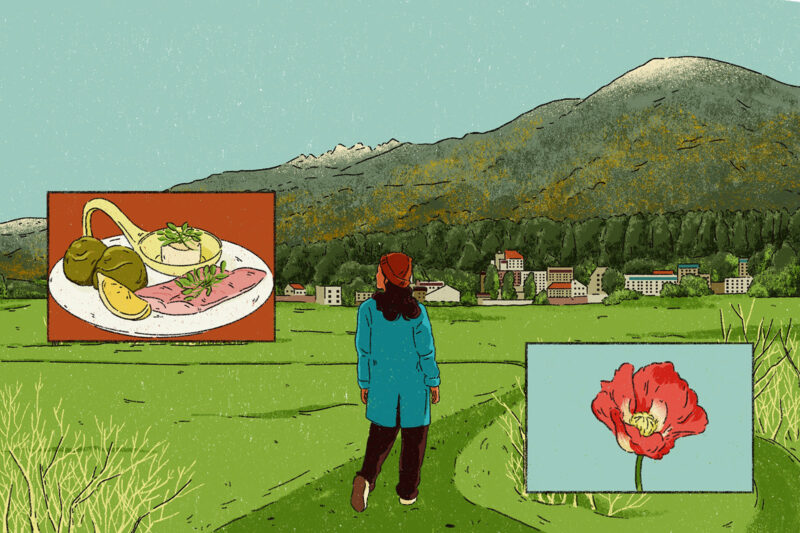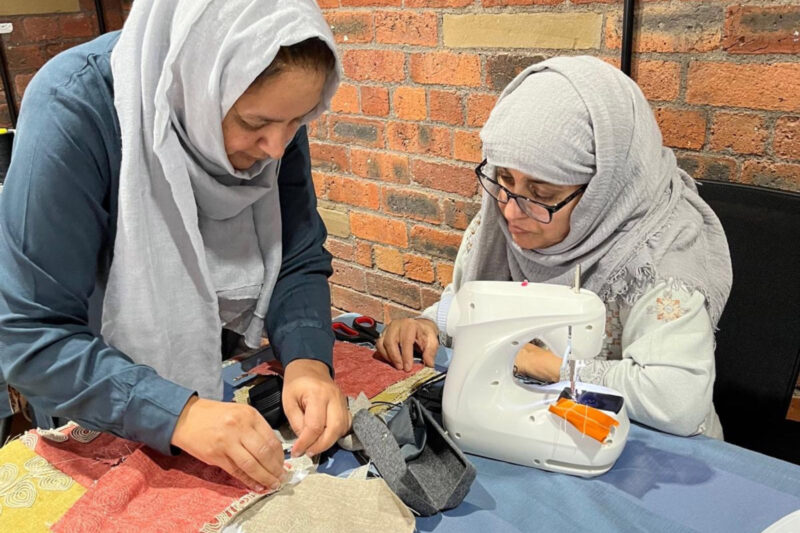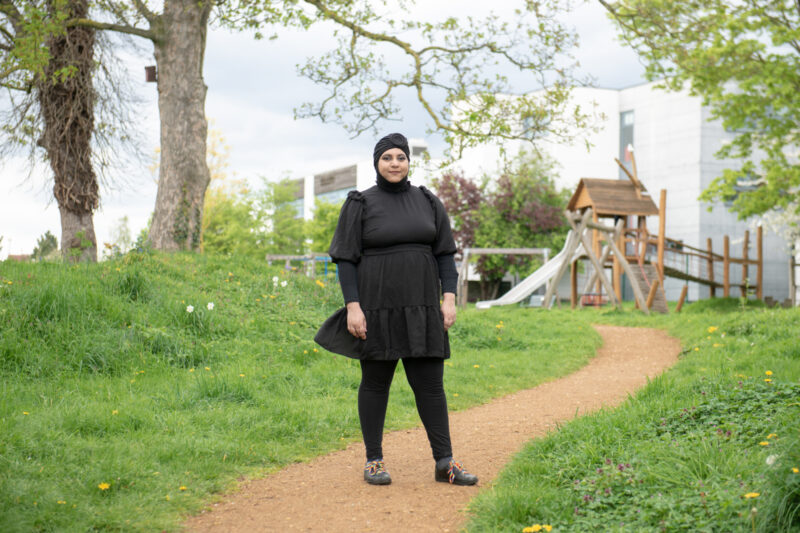
7 things I want Muslims to know about autism
It’s World Autism Awareness Day. While there’s no one-size-fits all set of instructions, understanding, patience, respecting boundaries and treating us like grownups are great places to start
I grew up in a Pakistani household in Birmingham, a city with one of the biggest Muslim populations in the UK. Within our family home, like many others of its kind, conversations about disability simply did not happen. I was diagnosed with autism when I was eight years old and I do not recall us talking about it until I was 23.
Over the years, I have realised that culture and religion can collide, causing misconceptions such as the idea that autism is a mental illness, something a person can grow out of or some kind of tragedy. The word “autism” alone can make some parents fear that their child will struggle to be a functioning member of society or place pressure on them to fit in with societal norms they were never meant for.
Islam, however, teaches us that, while humans are created differently, we are all equal and that disabled people are entitled to respect and care.
Here are seven things that I want Muslims to know about autism, based on my experience, and how family members and friends can support their loved ones. They are not intended as rules, but I hope they can serve as a useful set of guidelines.
1. Autism is simply a different operating system
The brains of people with autism are wired differently. I think about it like this: while a neurotypical person runs iOS, I’m on Android. Some of the things I struggle to cope with will present no problem to other people and vice versa. We’ve all got our respective strengths and needs. If we sometimes react or behave in a way you wouldn’t, we’re not being difficult or anti-social. It’s just the way it is.
2. Autism is not ‘bad behaviour’
Sensory overload, when the brain is overwhelmed by information or stimuli, cannot be anticipated, helped or predicted. For instance, a person may feel irritable, stressed or restless because they’re in a crowded social environment. They may struggle to process things and lash out. Such scenarios are often immediately attributed to bad behaviour rather than considered in context. Space and understanding are usually needed at such moments, but it is best to reach them in a way that you know best. Sometimes the person will want someone to talk to, sometimes they may not.
3. Social situations can be challenging
Big gatherings such as weddings, religious celebrations and general family get-togethers are all important community events, but an autistic person is not guaranteed to know how to handle them. Whether a person is happy in such situations or not is solely down to the individual in question. Whatever the case, try to understand how they feel and what they need, and give them space. Direct eye contact can also be a struggle for some autistic people, but the absence of it doesn’t mean that they’re not listening to you.
4. Boundaries are important
Let’s start with physical boundaries. I have repeatedly observed situations where a child is uncomfortable being hugged by a relative or close family friend, but is forced to do it anyway. The argument often given is that if that child doesn’t experience physical touch, they will grow up not wanting it at all, but I think this approach can have the opposite effect. Like everyone else, we won’t be comfortable with someone touching us without our consent.
That kind of basic respect also extends to non-physical boundaries such as privacy and the right to make choices, such as what career we decide to pursue or who we let into our personal lives.
5. Don’t compare us to other people
I have frequently been compared to relatives of a similar age and my achievements judged according to theirs. That includes academic and professional milestones such as getting a degree or a job, but also personal ones such as getting married. I believe this is generally intended to be motivating, but often it is anything but. What my peers are doing is irrelevant and following a different trajectory doesn’t mean I am “falling behind” them in some way.
6. Give clear instructions
This one is personal, but something common to a significant number of people with autism. When people are talking to me, I am prone to misinterpreting or misunderstanding what is being said. I need space to process information. It always helps to be asked if I have understood. Be patient and precise, please.
7. An autistic adult is still an adult
When I say that I want space and care, that doesn’t mean I want to be spoken to in a way that bears no relation to how I would communicate with you. If I’m comfortable enough to have a conversation with you, I want you to speak to me like you would to any other adult.
 Newsletter
Newsletter











